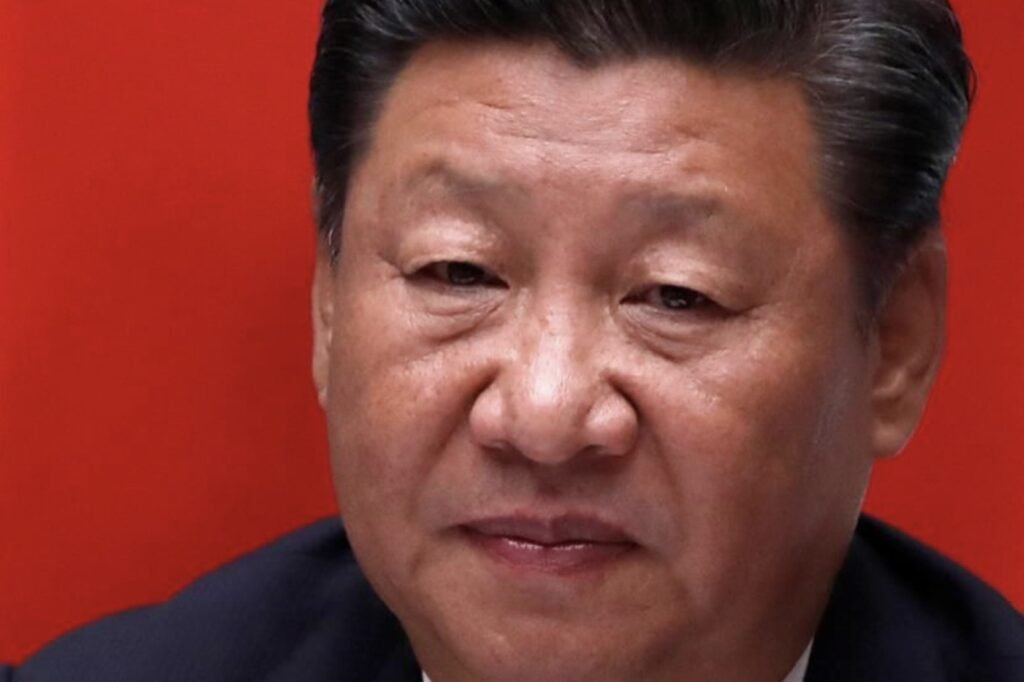In a whirlwind of events, just hours after Chinese authorities issued stapled visas to three sportspersons from Arunachal Pradesh, the Indian Ministry of External Affairs (MEA) voiced strong protests. The President of the People’s Republic of China (PRC), Xi Jinping, seemingly unfazed by the controversy, urged young people worldwide to come together for the promotion of world peace and development during his speech at the FISU World University Games in Chengdu.
While Xi’s remarks tried to paint an image of global unity, India perceived them as a display of hypocrisy and double standards. The Chinese President’s call for peace came amidst the backdrop of the Arunachal Pradesh visa issue, where Indian athletes were forced to withdraw from the games due to the contentious stapled visas.
The situation escalated to the point where the Indian Wushu team had to cancel their travel plans to China for the World University Games. Diplomats swiftly registered a protest with the Chinese officials, terming the stapled visas “unacceptable.” The MEA spokesperson, Arindam Bagchi, asserted that India firmly believes in a visa regime that does not discriminate based on domicile or ethnicity.
India does not take this issue lightly, and speculations about possible responses exist. While no concrete details have been released, India may toughen its stance on various matters concerning China, including the China-Pakistan Economic Corridor (CPEC), China’s alleged support for terrorism through its association with Pakistan, and China’s assertiveness in the Indo-Pacific and Indian Ocean regions.
A diplomatic source hinted that India may also leverage the issue of Tibet as a message to China. The United States has already expressed its support for India by reaffirming Arunachal Pradesh’s status as an integral part of the country. China’s resort to stapled visas has exposed the hollowness of its claims made during a meeting with India’s NSA Ajit Doval.
Former diplomats and officials are finding their voice on social media to express their views on India’s One-China policy. Congress MP Shashi Tharoor, in a viral tweet, suggested that India reciprocate the stapled visa policy for applicants from Tibet until the border dispute between Tibet and India is settled.
China’s long-standing denial of stamped visas to individuals from Arunachal Pradesh reflects its disputed territorial approach. India has consistently raised this issue with China, but the problem persists.
India’s response to this visa controversy is under speculation, and it may involve stronger actions on various fronts to assert its position. As the tension simmers, the world watches closely to see how this diplomatic drama unfolds.


